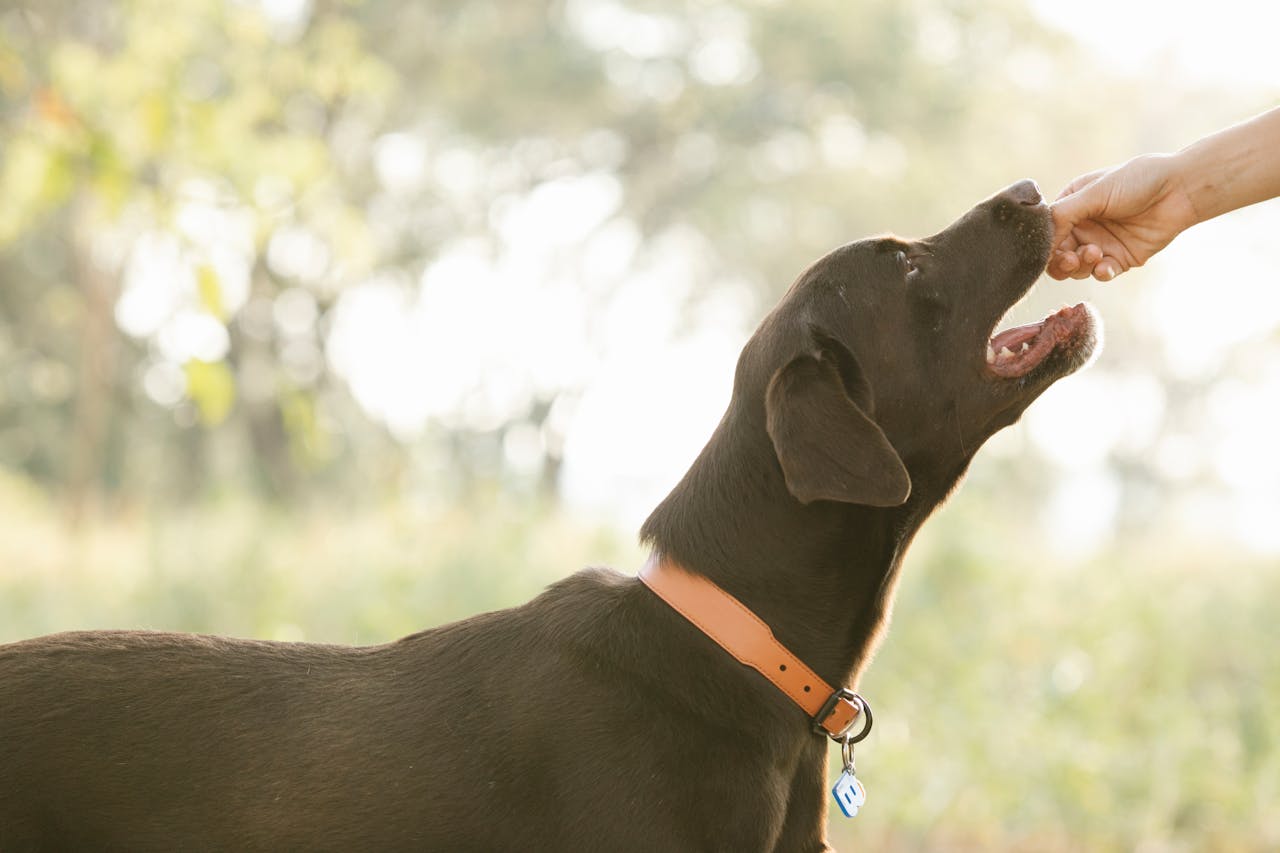
Providing your dog with natural foods can significantly contribute to their health, vitality, and longevity. Moving away from processed options towards whole, natural foods can lead to noticeable improvements in your dog’s coat, energy levels, and overall well-being. This article explores some of the best natural foods to include in your dog’s diet, ensuring they receive all the nutrients they need to thrive.
Understanding Canine Nutritional Needs
Before introducing new foods into your dog’s diet, it’s important to understand their nutritional requirements. Dogs are omnivores, meaning their diet should consist of a mix of proteins, fats, carbohydrates, vitamins, and minerals. The key is to provide a balanced diet that supports their lifestyle, breed, age, and any specific health conditions.
Proteins: Building Blocks of Health
Lean Meats
Lean meats such as chicken, turkey, beef, and lamb are excellent sources of high-quality protein for dogs. They provide essential amino acids that support muscle development and maintenance. Ensure meats are cooked without harmful seasonings or oils and are free from bones that could splinter and cause harm.
Fish
Fish, particularly salmon, mackerel, and sardines, are rich in omega-3 fatty acids, which promote healthy skin and a shiny coat. They also offer a high-quality protein source. Always cook fish thoroughly and remove any bones before feeding.
Fruits and Vegetables: Vitamins and Minerals Galore
Carrots
Carrots are a great low-calorie snack rich in vitamin A, which supports eye health. They can also help maintain dental health, as chewing on raw carrots can scrub away plaque.
Blueberries
Blueberries are packed with antioxidants, vitamin C, and fiber. These nutrients support your dog’s immune system and contribute to overall health. They’re a perfect treat, especially during training sessions.
Apples
Apples (without seeds) provide a source of vitamins A and C, as well as fiber, aiding in digestion. Always remove the core and seeds before offering them to your dog, as they can be harmful.
Whole Grains: Energy and Fiber
Whole grains such as brown rice, barley, and oatmeal can be beneficial for dogs, especially those with sensitive stomachs. They provide a source of complex carbohydrates for energy, along with fiber to aid in digestion. Ensure any grains are well-cooked and served plain to avoid any digestive upset.
Healthy Fats: Essential for Energy and Coat Health
Coconut Oil
Coconut oil contains medium-chain fatty acids that can help improve skin and coat health, enhance digestion, and potentially support cognitive function. It should be introduced slowly and in small amounts to avoid digestive issues.
Flaxseed
Flaxseed is another excellent source of omega-3 fatty acids. Ground flaxseed can be added to your dog’s food to support skin and coat health. Ensure it’s fresh, as flaxseed can quickly become rancid.
Supplements: Boosting Nutrition
While whole foods can provide most of the nutrients your dog needs, certain supplements like probiotics or glucosamine can offer additional health benefits, especially for digestion and joint health. Always consult with your veterinarian before adding supplements to your dog’s diet.
Safety Considerations and Foods to Avoid
While many human foods are safe and healthy for dogs, some can be dangerous. Foods to avoid include chocolate, grapes and raisins, onions and garlic, xylitol (a sweetener found in many sugar-free products), and anything high in fat or salt. Always introduce new foods gradually to monitor for any adverse reactions or allergies.
Tailoring the Diet to Your Dog
Every dog is unique, and what works for one may not work for another. Consider your dog’s age, weight, activity level, and any health issues when choosing natural foods. For example, older dogs may benefit from foods with joint-supporting supplements, while active breeds might require more calories from protein and healthy fats.
Conclusion
Incorporating natural foods into your dog’s diet can significantly enhance their health and happiness. By focusing on lean proteins, fruits and vegetables, whole grains, and healthy fats, you can provide a balanced, nutrient-rich diet that supports your dog’s overall well-being. Remember to introduce new foods gradually and consult with your veterinarian to ensure your dog’s diet meets their individual needs. By doing so, you’ll be paving the way for a healthier, more vibrant life for your furry friend.
